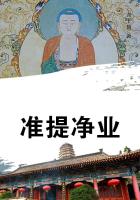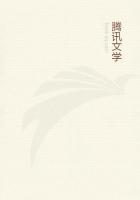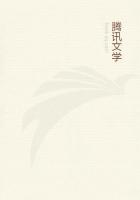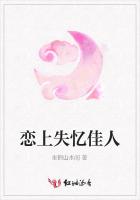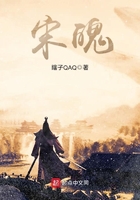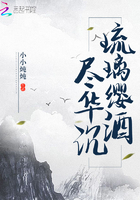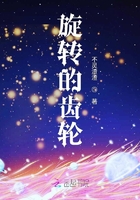The cursing of the fig tree was an acted parable. That barren tree, flaunting its pretentious foliage in the very face of Christ, was a symbol of the Jewish nation. The Saviour desired to make plain to His disciples the cause and the certainty of Israel's doom. For this purpose He invested the tree with moral qualities, and made it the expositor of divine truth. The Jews stood forth distinct from all other nations, professing 583allegiance to God. They had been specially favored by Him, and they laid claim to righteousness above every other people. But they were corrupted by the love of the world and the greed of gain. They boasted of their knowledge, but they were ignorant of the requirements of God, and were full of hypocrisy. Like the barren tree, they spread their pretentious branches aloft, luxuriant in appearance, and beautiful to the eye, but they yielded "nothing but leaves." The Jewish religion, with its magnificent temple, its sacred altars, its mitered priests and impressive ceremonies, was indeed fair in outward appearance, but humility, love, and benevolence were lacking.
All the trees in the fig orchard were destitute of fruit; but the leafless trees raised no expectation, and caused no disappointment. By these trees the Gentiles were represented. They were as destitute as were the Jews of godliness; but they had not professed to serve God. They made no boastful pretensions to goodness. They were blind to the works and ways of God. With them the time of figs was not yet. They were still waiting for a day which would bring them light and hope. The Jews, who had received greater blessings from God, were held accountable for their abuse of these gifts.
The privileges of which they boasted only increased their guilt.
Jesus had come to the fig tree hungry, to find food. So He had come to Israel, hungering to find in them the fruits of righteousness. He had lavished on them His gifts, that they might bear fruit for the blessing of the world. Every opportunity and privilege had been granted them, and in return He sought their sympathy and co-operation in His work of grace. He longed to see in them self-sacrifice and compassion, zeal for God, and a deep yearning of soul for the salvation of their fellow men. Had they kept the law of God, they would have done the same unselfish work that Christ did. But love to God and man was eclipsed by pride and self-sufficiency.
They brought ruin upon themselves by refusing to minister to others. The treasures of truth which God had committed to them, they did not give to the world. In the barren tree they might read both their sin and its punishment.
Withered beneath the Saviour's curse, standing forth sere and blasted, dried up by the roots, the fig tree showed what the Jewish people would be when the grace of God was removed from them. Refusing to impart blessing, they would no longer receive it. "O Israel," the Lord says, "thou hast destroyed thyself." Hosea 13:9.
The warning is for all time. Christ's act in cursing the tree which His own power had created stands as a warning to all churches and to all Christians.
No one can live the law of God without ministering to others. But there are many who do not live out Christ's merciful, unselfish life. Some who think themselves excellent Christians do not understand what constitutes service for God. They plan and study to please themselves. They act only in reference to self. Time is of value to them only as they can gather for themselves. In all the affairs of life this is their object. Not for others but for themselves do they minister. God created them to live in a world where unselfish service must be performed. He designed them to help their fellow men in every possible way. But self is so large that they cannot see anything else. They are not in touch with humanity. Those who thus live for self are like the fig tree, which made every pretension but was fruitless.
They observe the forms of worship, but without repentance or faith. In profession they honor the law of God, but obedience is lacking. They say, but do not. In the sentence pronounced on the fig tree Christ demonstrates how hateful in His eyes is this vain pretense. He declares that the open sinner is less guilty than is he who professes to serve God, but who bears no fruit to His glory.
The parable of the fig tree, spoken before Christ's visit to Jerusalem, had a direct connection with the lesson He taught in cursing the fruitless tree.

